Is it time to recognise Afghanistan’s Taliban government?
UN says engaging with extremist group may pave way to gaining humanitarian access to impoverished country
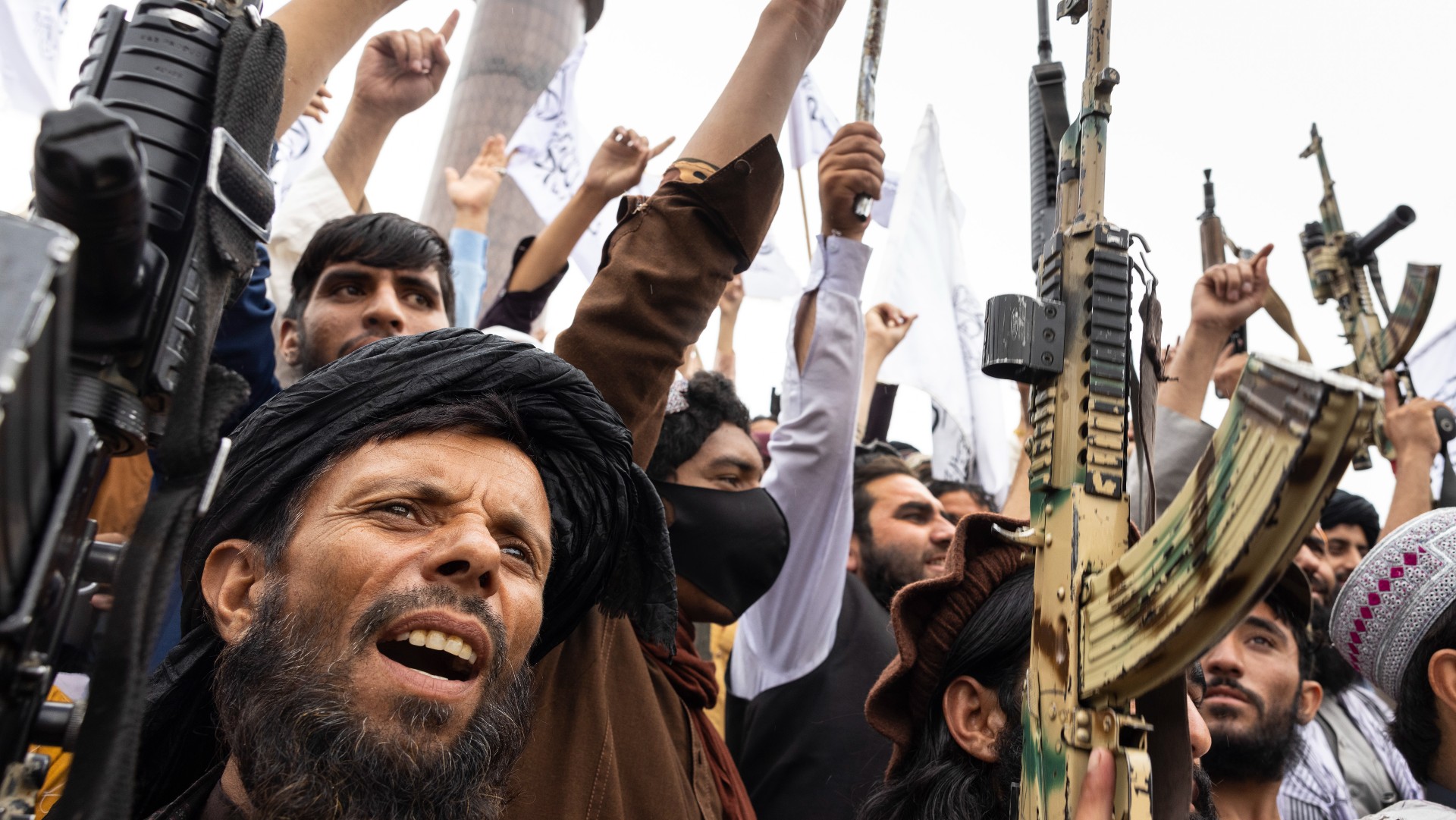
A free daily email with the biggest news stories of the day – and the best features from TheWeek.com
You are now subscribed
Your newsletter sign-up was successful
Debate about whether to officially recognise the Taliban has intensified after a senior UN official said the intergovernmental agency was ready to take “baby steps” to engage with Afghanistan’s caretaker regime.
Amina Mohammed, the region’s UN deputy secretary-general, argued that the militant group’s need for recognition could be used as “leverage” to tackle Taliban restrictions on humanitarian programmes that have brought the UN to the brink of withdrawing from the impoverished country.
In a speech at the Princeton School of Public and International Affair ahead of a UN-convened meeting on Afghanistan, Mohammed said that “out of that, we hope that we’ll find those baby steps to put us back on the pathway to recognition [of the Taliban], a principled recognition”.
The Week
Escape your echo chamber. Get the facts behind the news, plus analysis from multiple perspectives.

Sign up for The Week's Free Newsletters
From our morning news briefing to a weekly Good News Newsletter, get the best of The Week delivered directly to your inbox.
From our morning news briefing to a weekly Good News Newsletter, get the best of The Week delivered directly to your inbox.
The agency subsequently insisted that the closed-door meeting, hosted by UN Secretary-General Antonio Guterres in Doha at the start of May, would not focus on the possible international recognition of the Taliban administration. But Mohammed’s comments contributed to “widespread concerns” about “a lack of transparency” in the discussions, said HuffPost.
‘Baby steps towards recognition’
The Taliban’s rule over Afghanistan “is not recognised as legitimate by any country”, said The Independent. Afghanistan’s seat at the UN is still held in the name of the former government of Western-backed president Ashraf Ghani.
However, envoys at the Doha meeting, from which the Taliban were excluded, sought to find a “durable way forward” for Afghanistan.
The gathering in the Qatari capital “produced no results”, wrote Javid Ahmad, a former Afghan ambassador, and Douglas London, a former CIA operations officer, in an article for Foreign Policy. But recognition is the right path, the duo argued.
A free daily email with the biggest news stories of the day – and the best features from TheWeek.com
To endorse engagement with the Taliban is “not easy for us”, they added, “but the alternative – allowing Afghanistan’s dangerous descent into a hermit kingdom and forsaking the insight and means to influence or shape events – would mean more dire consequences for all”.
Many human rights activists disagree. In an open letter to the UN ahead of the Doha meeting, more than 50 NGOs, civil society organisations and academic institutions warned that “past experiences show that giving into the demands of such regimes by compromising on human rights will only strengthen their grip on power, and prolong the suffering of the people of Afghanistan”.
They also insisted that Afghanistan’s women should be “meaningfully represented” in all talks regarding their country’s future.
‘A violation of women’s rights’
Recognition could be granted in different ways. The US and its allies could recognise the Taliban without conditions, but this outcome seems “unlikely”, said the Brookings Institute, “given the Taliban’s unwillingness to meet democratic and human rights standards”.
Alternatively, the Washington D.C.-based think tank continued, various models exist in which “there could be extended negotiations with the Taliban over recognition”, forcing the group to meet certain conditions. This might be “the likeliest outcome in the near and medium term” as the US and its allies “try to use recognition as a carrot to urge the Taliban to undertake certain fundamental reforms”.
Critics fear the UN may seek to follow the second path. Ahead of the Doha meeting, a group of Afghan women staged a spontaneous march in capital Kabul, “in defiance of Taliban security forces”, to urge the international community not to recognise the militant group, said Radio Free Europe / Radio Liberty.
A woman who was a lawyer before the Taliban takeover told Ms. magazine that since then, “job and profession don’t exist because the judicial system does not exist anymore under the Taliban”. She added: “I have lost my job at a time that is needed the most because women are being discriminated against the most.”
The unnamed woman added that forced marriages and street courts had become common again.
Another said: “We want the world to know what’s happening in Afghanistan and to Afghan women. We do not want the Taliban to be recognised.”
Arion McNicoll is a freelance writer at The Week Digital and was previously the UK website’s editor. He has also held senior editorial roles at CNN, The Times and The Sunday Times. Along with his writing work, he co-hosts “Today in History with The Retrospectors”, Rethink Audio’s flagship daily podcast, and is a regular panellist (and occasional stand-in host) on “The Week Unwrapped”. He is also a judge for The Publisher Podcast Awards.
-
 5 blacked out cartoons about the Epstein file redactions
5 blacked out cartoons about the Epstein file redactionsCartoons Artists take on hidden identities, a censored presidential seal, and more
-
 How Democrats are turning DOJ lemons into partisan lemonade
How Democrats are turning DOJ lemons into partisan lemonadeTODAY’S BIG QUESTION As the Trump administration continues to try — and fail — at indicting its political enemies, Democratic lawmakers have begun seizing the moment for themselves
-
 ICE’s new targets post-Minnesota retreat
ICE’s new targets post-Minnesota retreatIn the Spotlight Several cities are reportedly on ICE’s list for immigration crackdowns
-
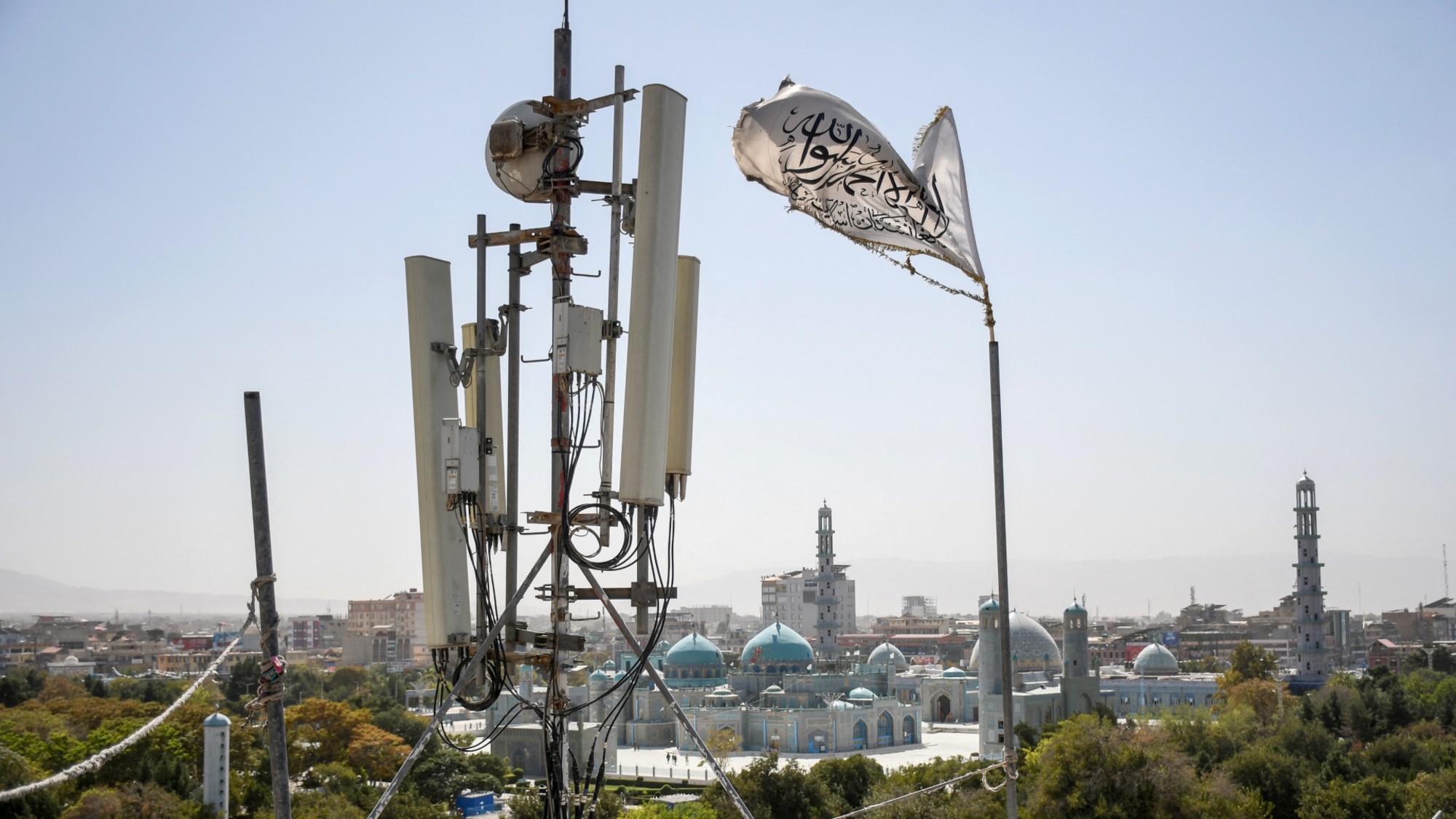 ‘The Taliban delivers yet another brutal blow’
‘The Taliban delivers yet another brutal blow’Instant Opinion Opinion, comment and editorials of the day
-
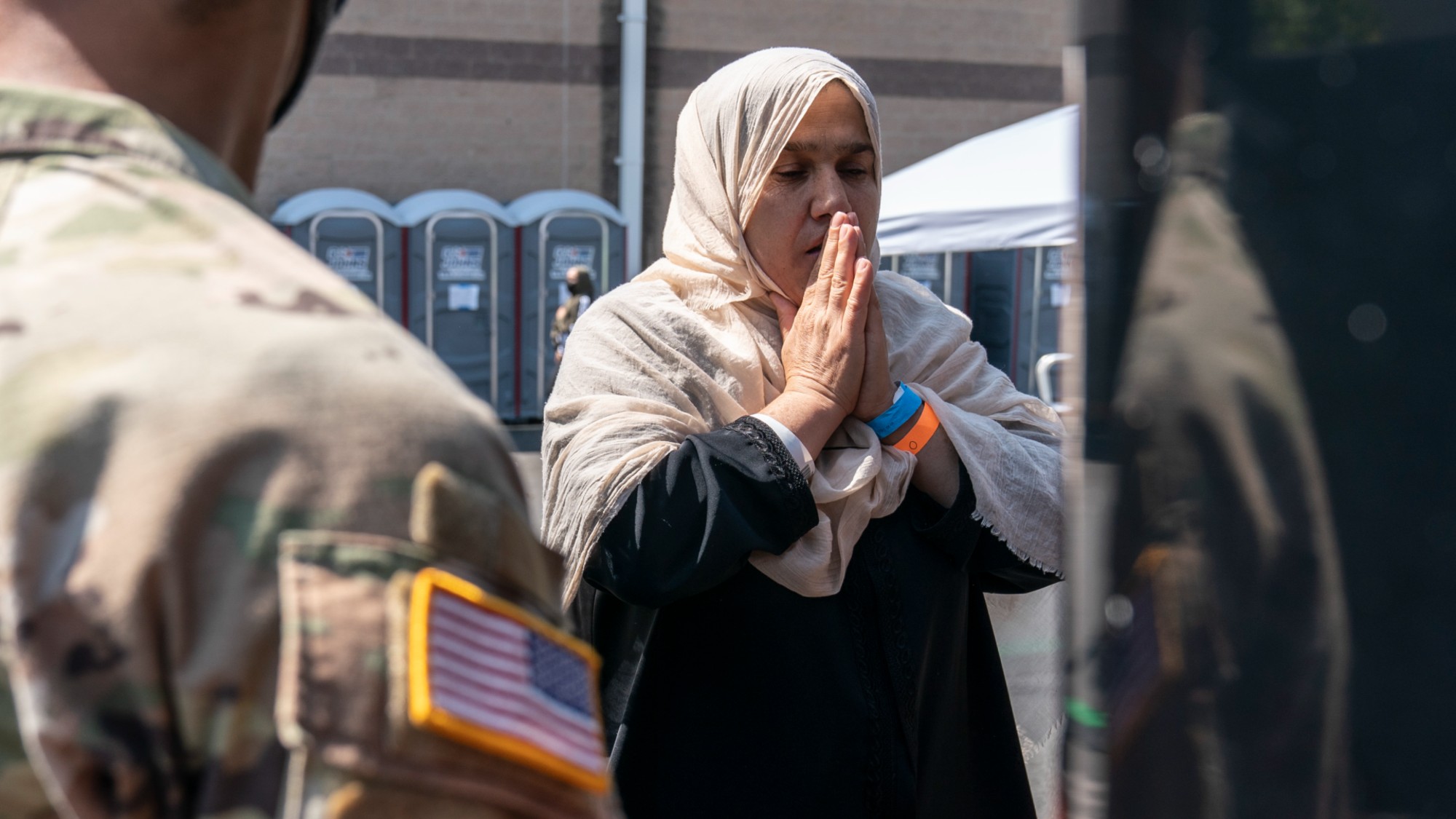 It is 'beyond time for us to seek bipartisan solutions' for Afghanistan
It is 'beyond time for us to seek bipartisan solutions' for AfghanistanInstant Opinion Opinion, comment and editorials of the day
-
 'Detention centers have, for decades, been an abuse of administrative power'
'Detention centers have, for decades, been an abuse of administrative power'Instant Opinion Opinion, comment and editorials of the day
-
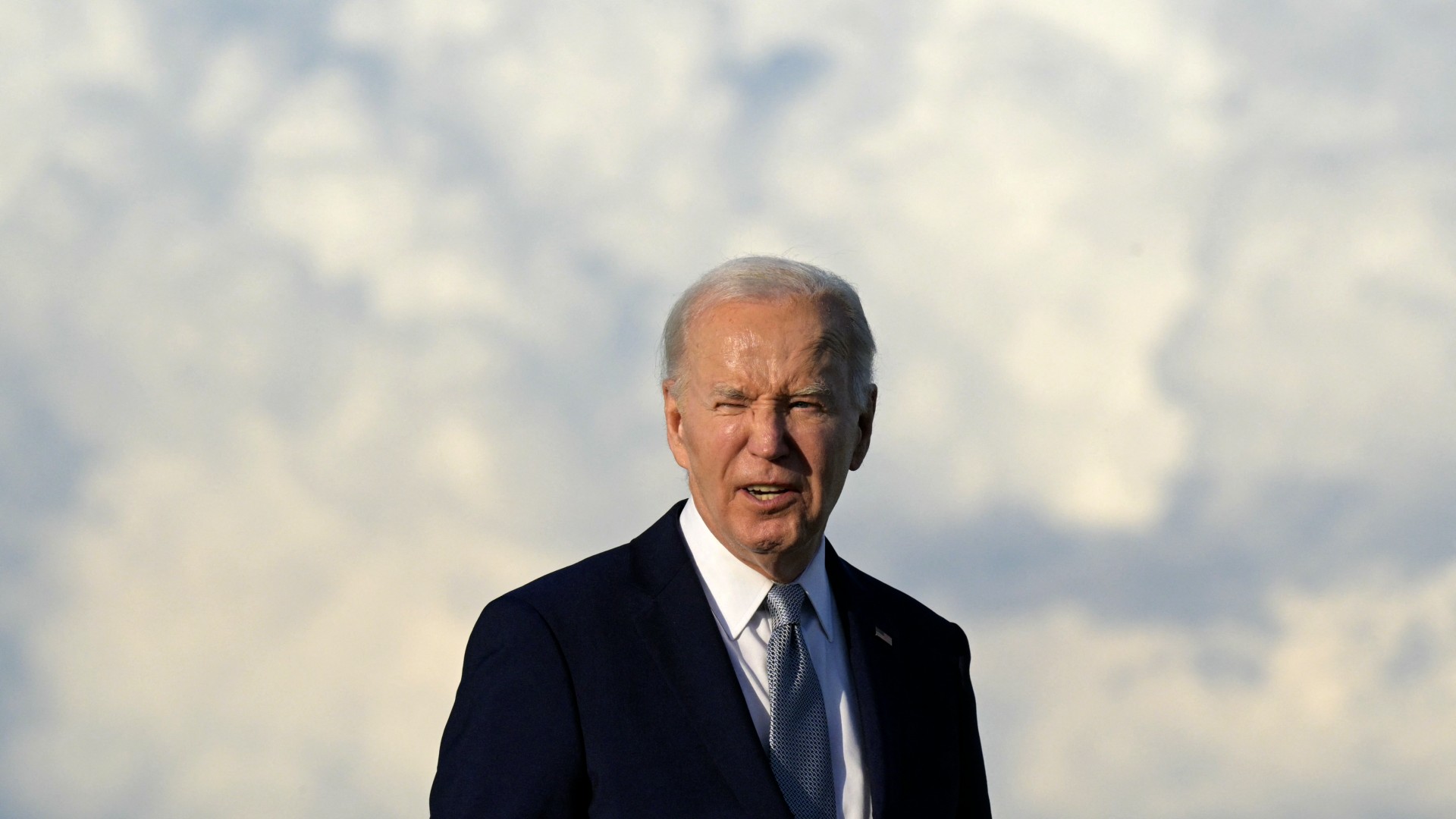 Five things Biden will be remembered for
Five things Biden will be remembered forThe Explainer Key missteps mean history may not be kind to the outgoing US president
-
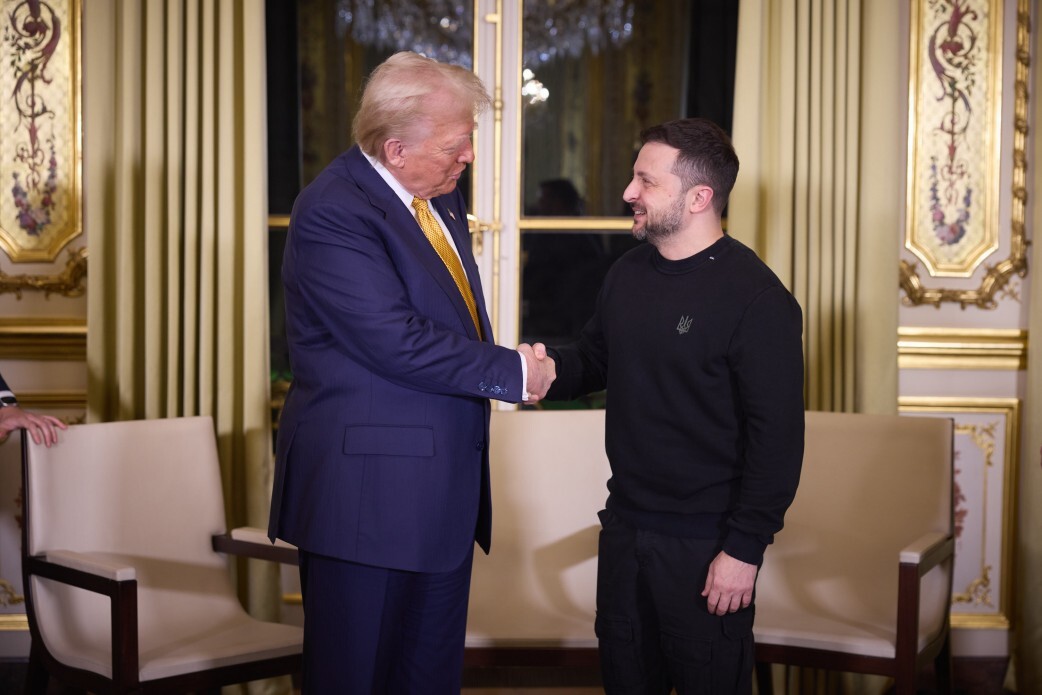 Ukraine hints at end to 'hot war' with Russia in 2025
Ukraine hints at end to 'hot war' with Russia in 2025Talking Points Could the new year see an end to the worst European violence of the 21st Century?
-
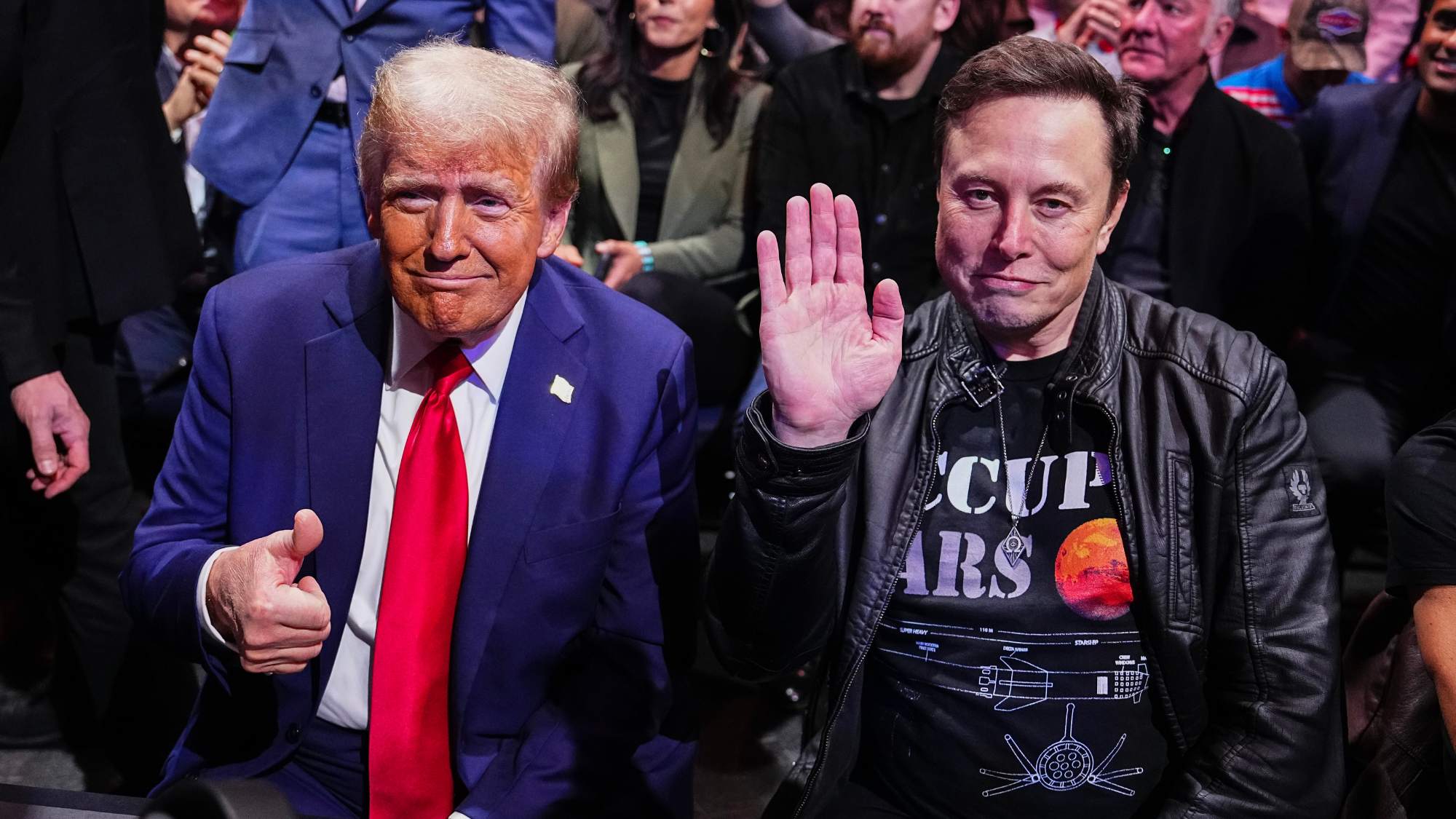 The future of X
The future of XTalking Point Trump's ascendancy is reviving the platform's coffers, whether or not a merger is on the cards
-
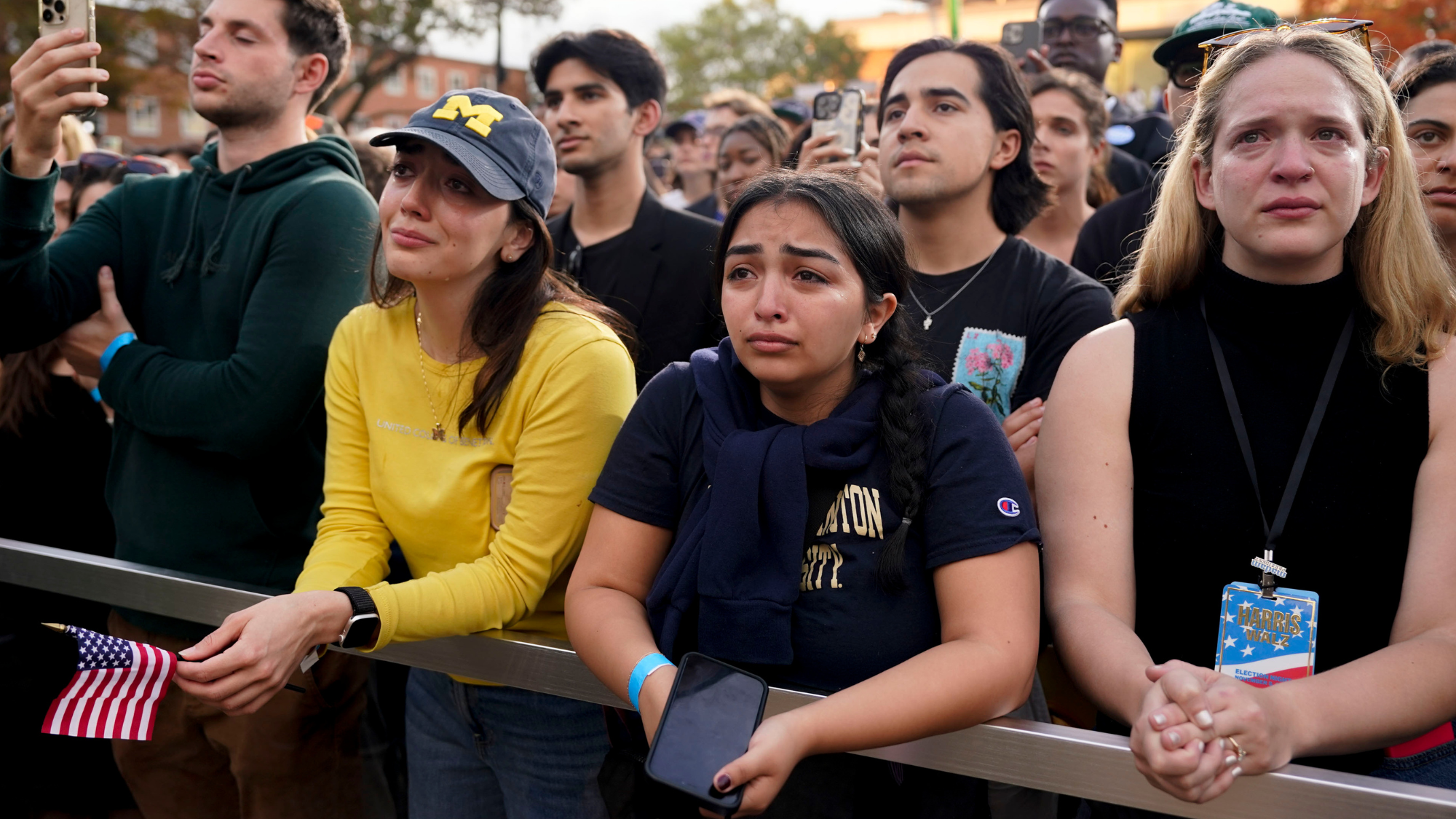 The Democrats: time for wholesale reform?
The Democrats: time for wholesale reform?Talking Point In the 'wreckage' of the election, the party must decide how to rebuild
-
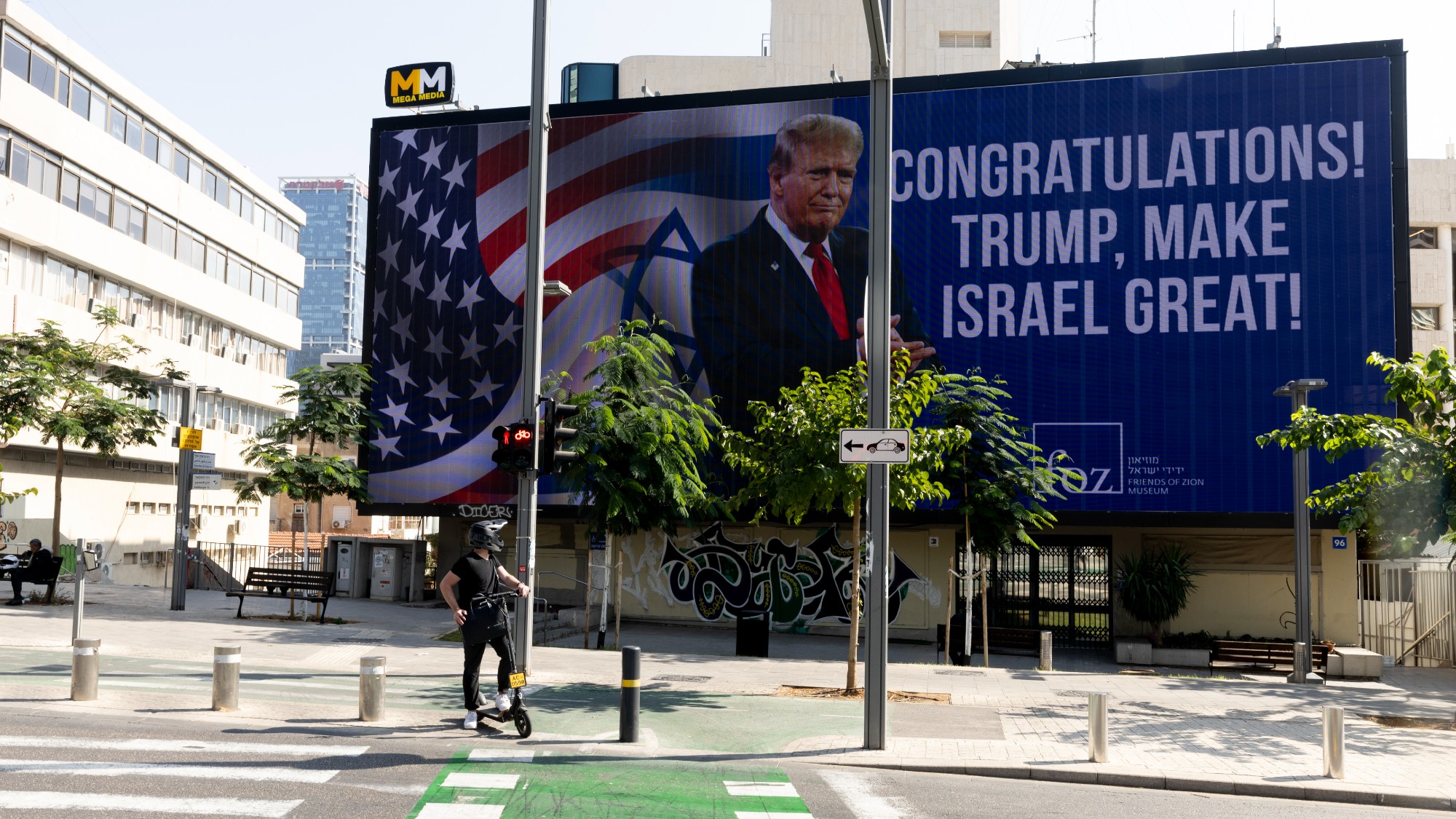 What will Trump mean for the Middle East?
What will Trump mean for the Middle East?Talking Point President-elect's 'pro-Israel stance' could mask a more complex and unpredictable approach to the region